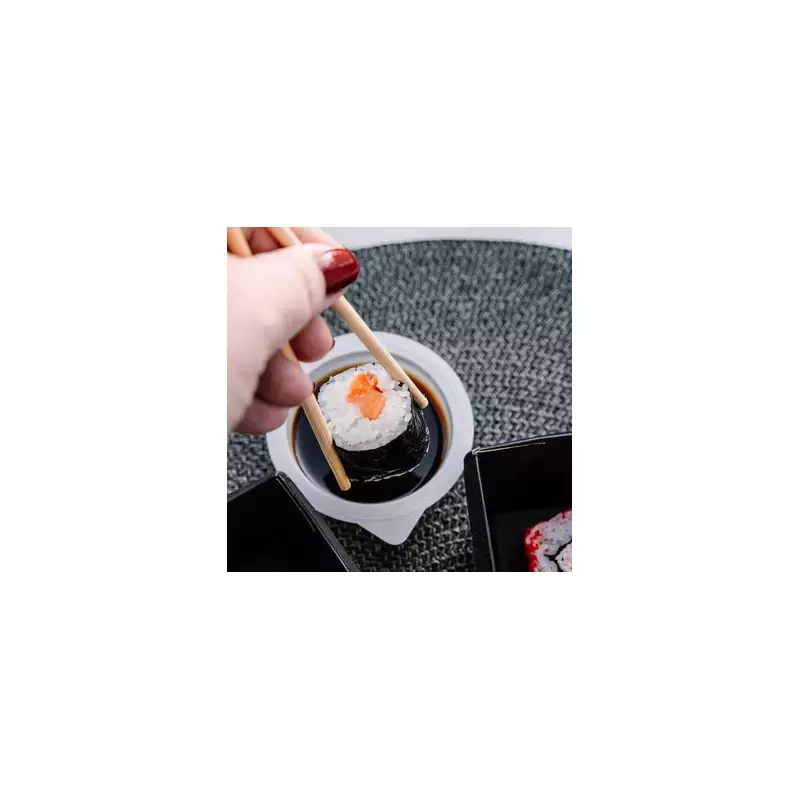
A culinary crisis is gripping sushi restaurants across the UK and beyond, as an iconic accompaniment to the Japanese delicacy faces a severe shortage. The pink pickled ginger, known as gari, is becoming increasingly scarce due to a catastrophic failure of the ginger crop in Peru.
The South American nation, a primary global supplier of the root, has been battered by a series of extreme weather events. Torrential rains, devastating floods, and the subsequent spread of fungal diseases have decimated harvests, creating a critical supply shortfall that is now impacting wholesalers and chefs thousands of miles away.
The Ripple Effect on Your Dinner Plate
For sushi aficionados, a meal is incomplete without a palate-cleansing slice of gari. Its distinctive sweet and sharp flavour is as integral to the experience as soy sauce and wasabi. Industry experts are warning that this staple may soon be missing from plates or served far more sparingly.
UK suppliers have reported that the price of ginger has skyrocketed, with some noting a 250% to 300% increase in recent months. This unprecedented cost hike is forcing difficult decisions within the hospitality sector.
How Restaurants Are Adapting
Faced with soaring costs and limited availability, sushi establishments are being forced to adapt. The strategies include:
- Rationing: Some restaurants are now carefully measuring out smaller portions of gari per customer to make their supplies last.
- Seeking Alternatives: A hunt is on for ginger from other producing countries, such as China and Brazil, though these sources are also feeling the strain of increased global demand.
- Menu Innovation: A few chefs are experimenting with other palate-cleansing options, though no perfect substitute for the unique flavour and texture of traditional gari has been found.
The situation highlights the fragile nature of global food supply chains and how climate-related disasters in one part of the world can directly affect the dining experience in another. For now, sushi lovers may have to appreciate that little pink pile of ginger more than ever before.





